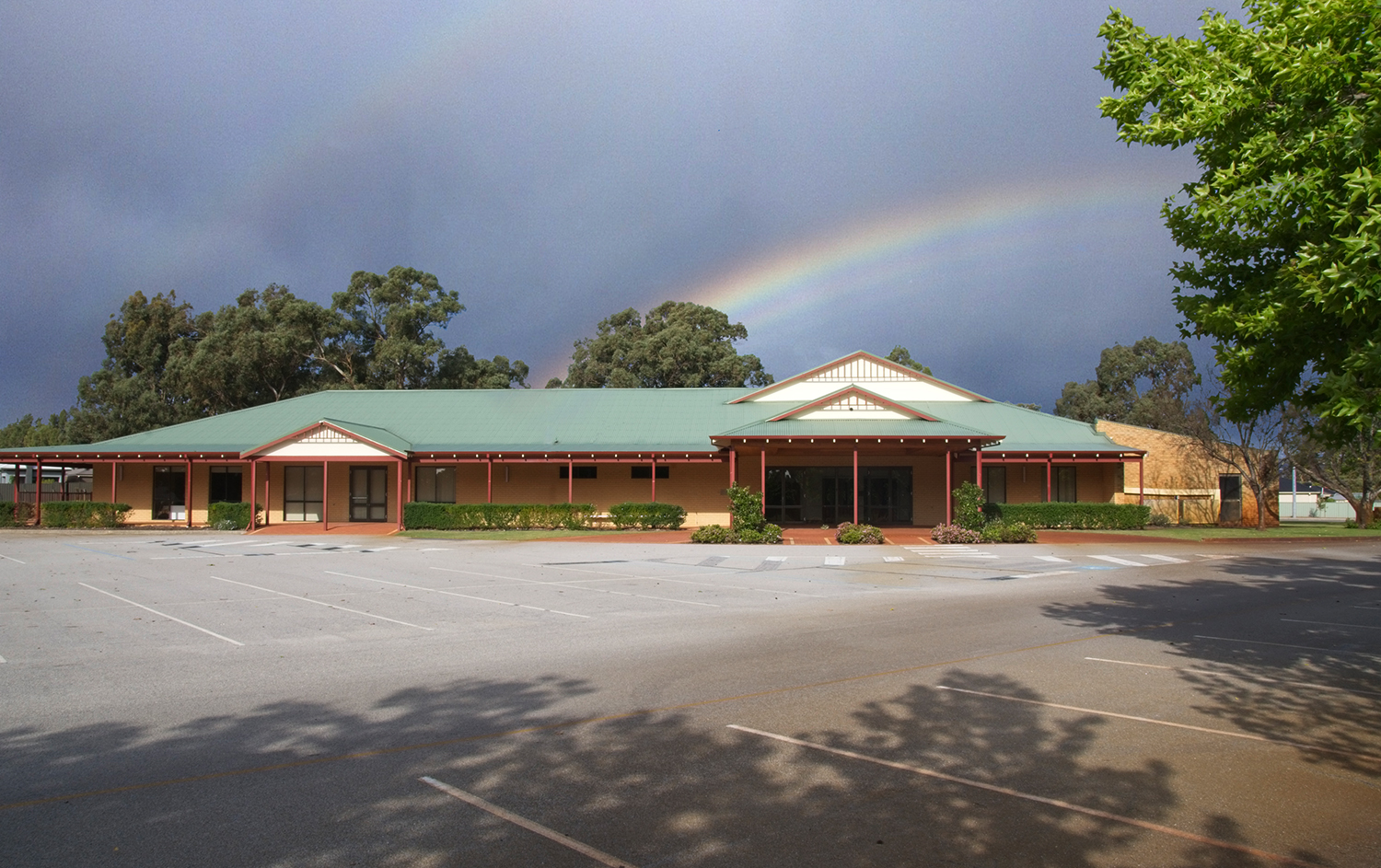The Free Reformed Church of Kelmscott is part of the federation of Free Reformed Churches of Australia. The word ‘Reformed’ in our name refers to great Reformation in the 16th century. In those days, the Christian church in Europe was so much deformed that a reformation was necessary.
We believe that it is God’s work, that people like Martin Luther, John Calvin, John Knox and many others stood up and protested the sinful practices and false doctrines in the Roman Catholic Church in those days. That is why the churches which come from the Reformation are also called ‘Protestant Churches’ and the Reformation movement ‘Protestantism’.
The work of these people led to what is now known as the Great Reformation. The Reformed Churches that came forth from this Reformation returned to the teaching of the Bible. ‘The Bible alone’, ‘through grace alone’, ‘by faith alone’ are some of the central terms of the Great Reformation.
We stand in the tradition of the Great Reformation. That is why we are called ‘Reformed Churches’. In line with this tradition, we believe that only the Bible should have ultimate authority in our lives. The Bible also urges us not to be conformed to this world but to be transformed by the renewal of your mind.
The word ‘Free’ in our name means that it is our constant desire not to let human opinions rule us, but we only submit to the Word of God. Jesus Christ is the Head of the church, and not human beings or councils or other man-made institutions, ideas, or traditions. Jesus Christ comes to us in the Bible and therefore only what the Bible says is authoritative for us.
During the history of the Christian Church, the Church has had to defend this Biblical teaching from all kinds of heresies, which tried to bring the Church under the yoke of non-Biblical ideas. As a result of this, the Church adopted Creeds and Confessions, in which the Church summarized the Biblical teaching and rejected the heresies. The Free Reformed Churches adopt three creeds: the Apostles’ Creed, the Nicene Creed and the Athanasian Creed, as well as three confessions: the Belgic Confession, the Heidelberg Catechism and the Canons of Dort.
What we believe
We believe that the Bible is the Word of God, which He spoke in the past to His people Israel through the prophets and the apostles, and which He still speaks to us today.
Our minister
Rev. Anthon Souman is the minister of God’s Word in the Free Reformed Church of Kelmscott.
Study groups
Join one of a range of study groups to study the Word together.

